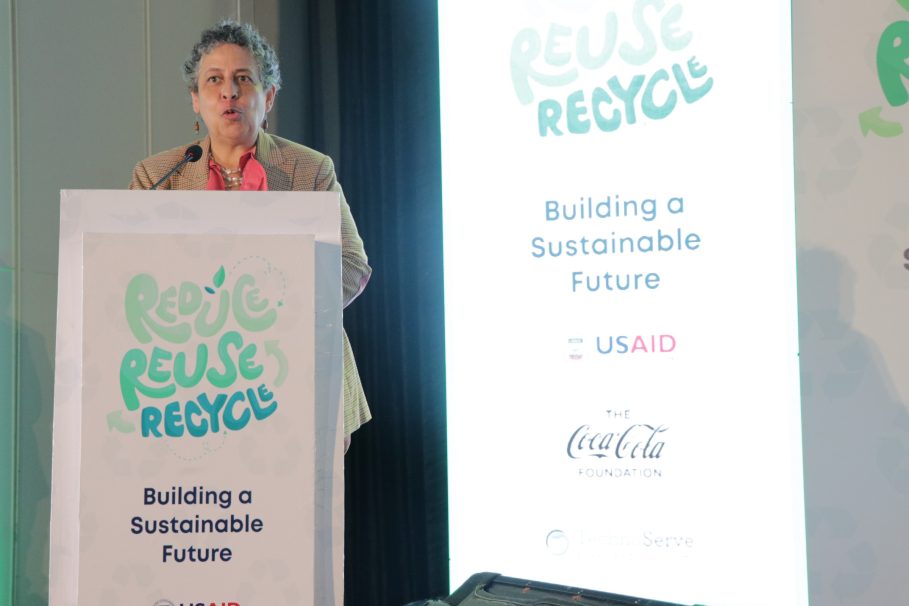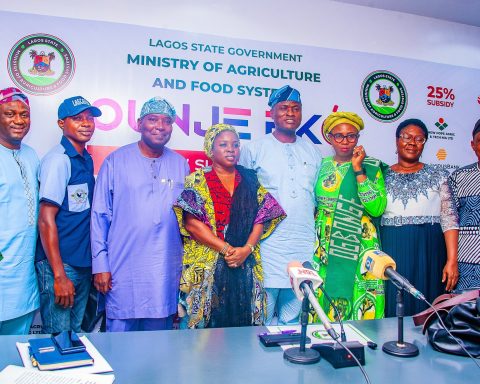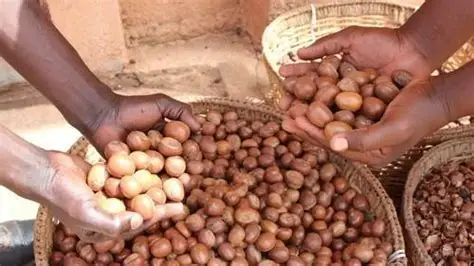By Diana Tenebe
Join our WhatsApp Channel
Forget grocery drudgery. Imagine vibrant shelves overflowing with fresh produce, thanks to a digital revolution on the farm. Agritech tackles food waste, not directly on store shelves, but throughout the food journey.
Globally, food waste is a staggering 1.6 billion tons, with a significant portion lost in supply chains. In Nigeria alone, 14 million tons are wasted annually. Here are 6 ways Agritech can offer a solution.
Precision Farming
Gone are the days of guesswork. Sensors and data analysis nowadays provide real-time insights, allowing farmers to optimise resource use and boost yields. Imagine perfectly nurtured fruits and vegetables! Additionally, agritech can analyse consumer demand and weather patterns to optimise harvests, reducing surplus that spoils before reaching stores.
Fresher, Faster Deliveries
The farm-to-store journey can be improved on so it is no longer slow and wasteful. Advancements in logistics, storage, and distribution ensure food arrives fresher and faster. Cold chain improvements and optimised routes mean fruits and vegetables retain nutrients and flavour all the way to the grocery aisle. Agritech can also play a role here by using sensors to monitor storage conditions and track shipments, minimising spoilage during transport.
Beyond Efficiency
Agritech isn’t just about optimising existing food systems. It can also be used in driving innovation. From plant-based alternatives to lab-grown meat, agritech across the world is pushing the boundaries of what we consider “food,” offering consumers a wider variety of healthy and sustainable choices.
Connecting the Dots
Traditionally, a complex web of middlemen stands between farms and supermarkets. This lengthens the supply chain, impacting both freshness and price. Agritech platforms disrupt this model by establishing a direct link between producers and retailers. Imagine farmers uploading their harvest information, including type, quantity, and quality, directly onto an Agritech platform. Supermarkets can then browse these offerings and place orders efficiently. This streamlined process eliminates unnecessary intermediaries, reducing costs and expediting delivery.
Extending Shelf Life
Research focuses on developing technologies like special packaging or coatings to slow down spoilage and extend the shelf life of perishables. These coatings might act as a second skin, regulating moisture loss and respiration rates, or even contain natural antimicrobials to fight off spoilage-causing bacteria. This not only reduces food waste but also keeps our grocery aisles stocked with fresher produce for longer.
Reducing Waste, Fighting Hunger
Agritech can connect supermarkets with organisations that collect surplus food nearing expiry. This food can be redistributed to communities or food banks, reducing waste and hunger.
Agritech’s digital revolution is transforming food production, impacting what ends up on our shelves, paving the way for a future with less waste and more abundance.
Diana Tenebe, Chief Operating Officer, FoodStuff Store













